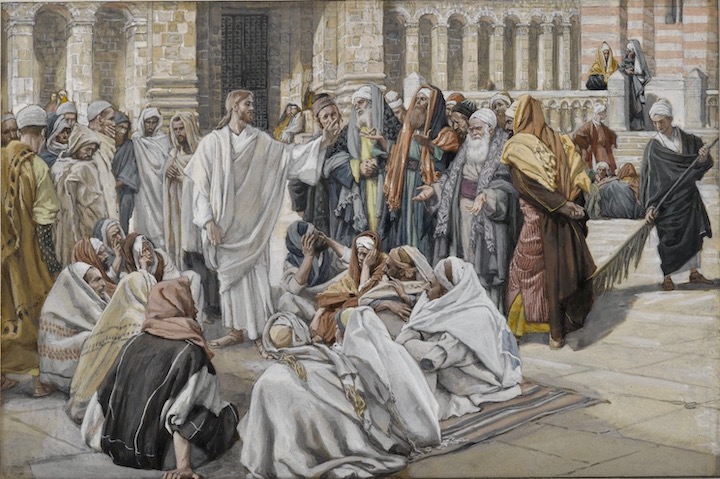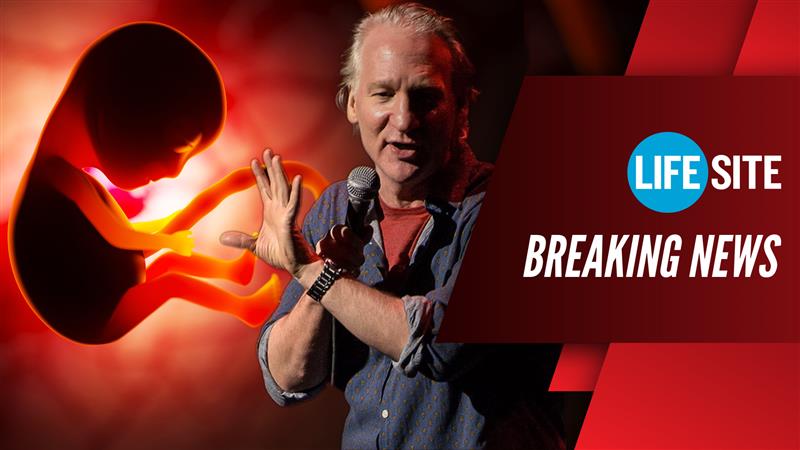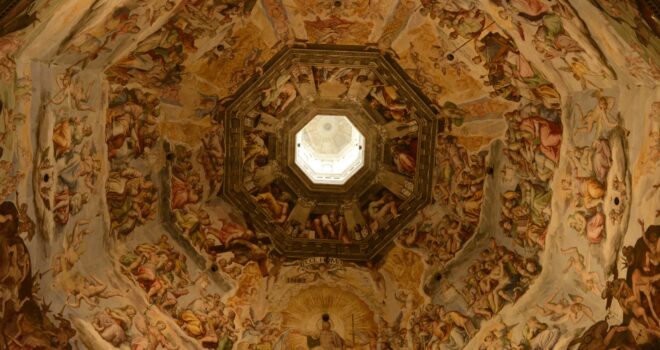James V. Schall, S.J.: “Who Are You?”

It’s Not Enough to Listen to the Young
April 9, 2019
Bitter Easter in China. In the Game With Rome, a Blowout for Beijing, by di Sandro Magister
April 9, 2019
*Image: The Pharisees Question Jesus by James Tissot, c. 1890 [Brooklyn Museum]
By James V. Schall, S.J., The Catholic Thing, April 9, 2019
Note to Readers in the NYC area: Robert Royal will be speaking at 7:30 PM tomorrow evening (Wednesday 4/10/19) at the Columbia University Thomistic Institute on “Dante’s Augustinian and Thomistic World.” Full information is available by clicking here.
![]() At least four famous, not-often-enough-repeated Aristotelian questions can be asked of any given thing when we try to figure out what and why it is. They are: 1) “What is it?” – a tree, a rabbit, a planet? 2) “Is it?” That is, does it exist rather than not exist? Does it stand outside of nothingness? 3) Who or what put it into motion or into being? 4) “Why is it in existence?” What is the reason for which it now exists?
At least four famous, not-often-enough-repeated Aristotelian questions can be asked of any given thing when we try to figure out what and why it is. They are: 1) “What is it?” – a tree, a rabbit, a planet? 2) “Is it?” That is, does it exist rather than not exist? Does it stand outside of nothingness? 3) Who or what put it into motion or into being? 4) “Why is it in existence?” What is the reason for which it now exists?
Of human beings, we can add a further question: “Who are you?” That is, each of us has a particular singular, ir-repeatable existence unlike any other being that ever existed, but we are still human. Each human “what” is a “you.”
We have a formal cause, a material cause, an efficient cause, and a final cause. We see that these different causes are needed to explain something real about what we encounter in the things that are.
We are not gods, nor do we blend into some “all” wherein we no longer exist in our singular identity. It is precisely the abidingness of our singular identity that is the most important thing about us. “I” am the one who did/did not do this or that. It is that singular, unique identity by which John is not Joseph, Suzie is not Sally, which enables us to identify the specific cause of things that come to pass in this world.
Every “you” can listen to another “you” and reply. Did you or did you not do this? In one sense, the history of the world passes through the choices of unique, particular human beings. Their choices and deeds make visible what and why they are.
The history of the world records the judgments, wise and unwise, made by the human persons who live in this world for however brief or long a time.
In the eighth chapter of John, Christ tells the Pharisees that He is going where they cannot find Him. Some think He is going to kill Himself. But Christ tells them that they will die in their own sins unless they believe that “I am.”
This same “I am,” the Pharisees suddenly recall, was a name that the Pharisees recognized. It was the one that Moses heard when he asked God His name.
In frustration, the Pharisees then logically ask: “Who are you then?” Needless to say, they are not prepared for His answer. Christ was speaking to them of His Father. He added that when they see Him raised up they will then know that “I am.”
He does nothing of His own. He does what the Father taught Him. What He has heard He will “tell the world.” The one who sent Him is with Him. He only speaks of what is pleasing to the Father. Because He spoke with authority, many came to believe in Him. But most did not believe Him.
What is striking about these scenes is the puzzlement of the Pharisees. They have their own ideas about how some promised Messiah will appear among them. They are cagey and cautious. They are pretty sure that this person before them is a fake. They try their best to catch Him blaspheming.
But He always seems to be one step ahead of them. He makes pretty startling statements that seem to have legitimate foundations in their own traditions. He backs them up with what can only be called miracles. He identifies Himself with the Temple, with Jonah, with the Suffering Servant, and with someone greater than the Sabbath. They ask Him to explain Himself: “Who are you, then?”
In 1988, Joseph Ratzinger recalled the famous remark of the Dutch jurist, Hugo Grotius (d. 1645), to the effect that the natural law would be the natural law “even if” God did not exist. Of this affirmation, Ratzinger remarked: “But if God does not exist, nothing will be as it is now; everything will proceed from emptiness and revert to emptiness. What we call justice will be mere caprice that we can rewrite as we will.”
Things are as they are because they are created to be the way they are. They did not bring about their own existence. “Whether or not God exists, the answer to that question will ultimately determine whether or not we are human beings, whether human dignity and true humanity and human justice can or cannot exist” (Co-Workers of the Truth).
The question of the Pharisees – “Who are you, then?” – is a proper one. Christ is the one who holds things together. He is the Word of the Father. If God does not exist, nothing will be as it exists now. Things will return to the nothingness out of which they emerged; only this time there would be no order in things, no one to ask: “But who are you?”
*Image: The Pharisees Question Jesus by James Tissot, c. 1890 [Brooklyn Museum]




